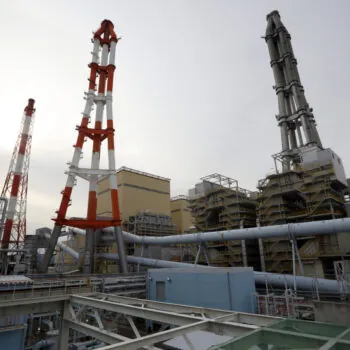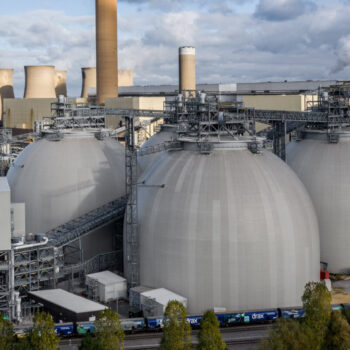EU Competition Commissioner Neelie Kroes hosted a full-day seminar on Environmental Protection and Climate Change – Cost, Opportunities and the Role of Public Support on the 27th May 2008.
E3G Chief Executive Nick Mabey was one of the discussants, and his remarks were subsequently reported by ENDS Europe Daily (subscription required):
Nick Mabey of sustainability campaign group E3G told the conference that governments had “agreed on the end of developing CCS but not the means”. It would be the “biggest failure of EU policy” if they fail to agree a funding mechanism for the demonstration plants by the end of the year, he said.
Funding could come from the proceeds of carbon permit auctions in the EU emission trading scheme, from EU agricultural subsidy “underspend”, or by creating a new EU low-carbon technology transition fund, he said. Policymakers must take more risks to develop potential emission-cutting technologies such as CCS and all stakeholders must be prepared to see some of these fail, he said.
“Doing this in the real economy is the best way of cooperating with China and India,” Mr Mabey added. “If we can’t show that decarbonisation and high wealth is possible by 2020, then we won’t get them to sign up [to a long-term global emission-cutting deal],” he said.”
The ENDS article also reported the launch of the CCS leadership coalition of which E3G is a member:
Separately on Tuesday, E3G along with British-Dutch oil firm Shell, French engineering firm Alstom and Norwegian environment group Bellona announced the creation of a “CCS coalition” that will lobby for accelerated action on carbon capture.”


